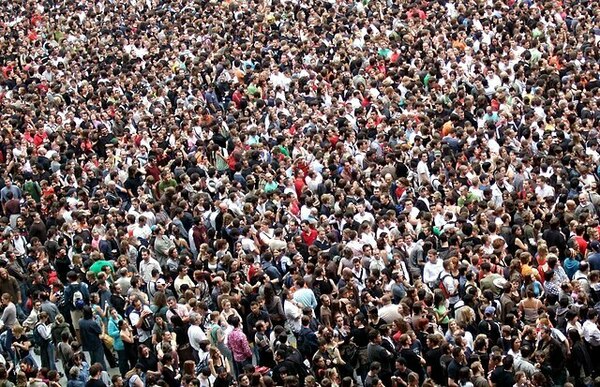Climate Science in Public
Wed, Oct 04
Guest Speaker: Prof. Jen Tank and Prof. Luke Kemp
There are significant challenges to effective public discussion of climate change. Every audience brings its own concerns and predispositions, its own biases and erroneous beliefs, and every messenger comes with their own baggage, their own blind spots, and their own presumptions.

What’s more, the standards and norms of scientific discourse are profoundly different from those of public discourse. Scientists and science communicators face what Stephen Schneider famously called a “double ethical bind,” a tension “between being an effective agent for change and being honest about the limitations of the state of knowledge.”
And most readers don’t have the time or energy to think through complex issues that may seem abstract or distant. When they do, they tend to think more like lawyers, amassing evidence for previously existing beliefs (using what scholars call “motivated reasoning”), than like scientists, disinterestedly seeking objective truth. People also tend to rely more on personal experience and group norms for reasoning, rather than abstract analysis.
Then there is the fact that climate change is scary and involves real losses, which people don’t like to think about, and the problem that motivated actors have worked assiduously to spread misinformation, decrease public engagement, obscure key issues, focus attention on individual action rather than systemic change, and control the overall framing.
How can we begin to address the problem of climate change when we can't even talk about it?